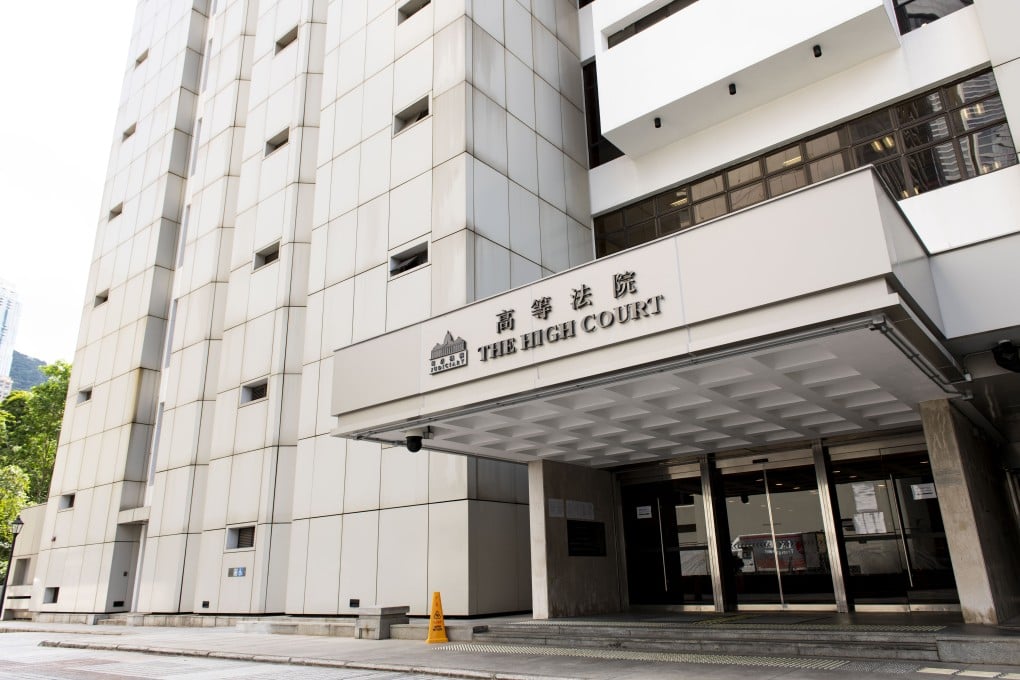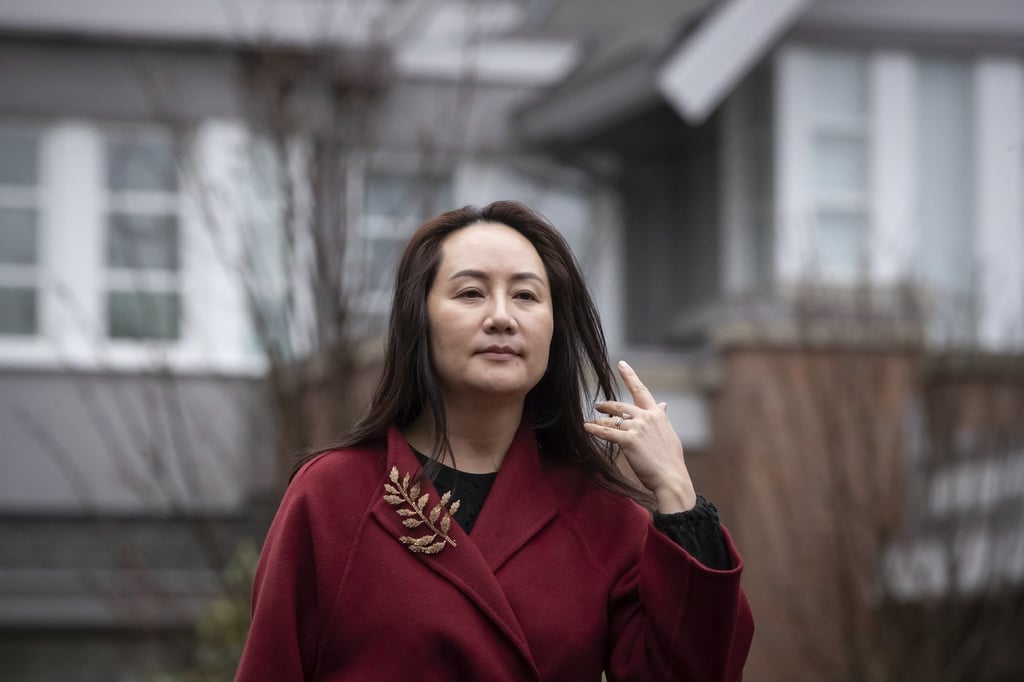Hong Kong court hears Meng Wanzhou’s application to access HSBC documents to undergird her bid to quash extradition to US
- The High Court did not make a ruling after the 30-minute hearing
- A second hearing is set for April 12, according to the court’s schedule

A closed-door hearing was held on Friday afternoon at Hong Kong High Court over whether HSBC must provide certain documents related to the extradition case of Huawei chief financial officer Meng Wanzhou as the Chinese telecoms giant widened a legal battle to avoid sending its founder’s daughter to the US for trial.
The Hong Kong court didn’t make a ruling on Friday. The hearing lasted for about 30 minutes. Lawyers who went out of the hearing room declined to make any comments. The case is due for a one-day hearing on April 12, according to the court’s schedule.
The application, filed in the name of Vancouver-based Meng to seek access to documents relating to her extradition case, was filed at the end of February days after a similar request from Meng was rejected by a London court.

Meng maintains her innocence and has been trying to obtain the documents from HSBC to prove that HSBC had known the business deals of Huawei in Iran beforehand and she didn’t mislead the bank, thus negating the fraud allegations against her that form the basis of the US extradition request.